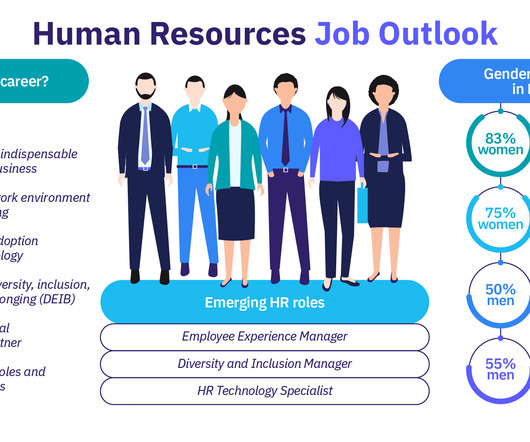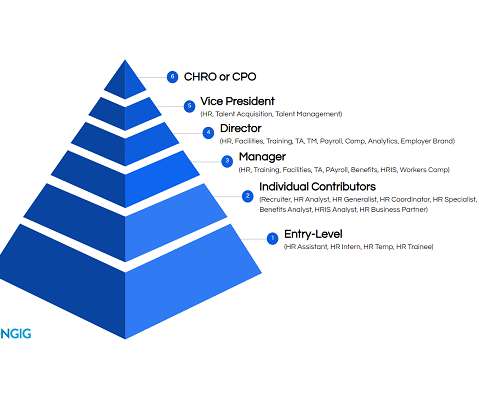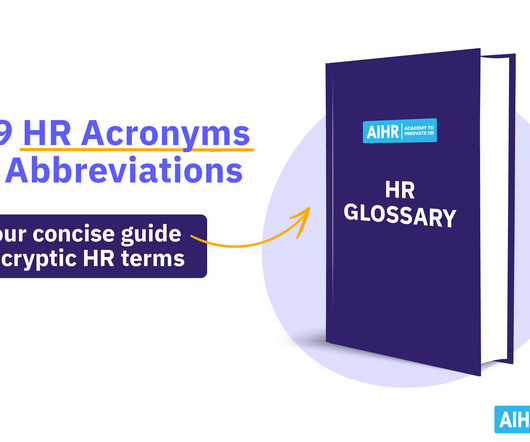HR Operations: 5 Proven Ways to Improve Any HR Team
Primalogik
AUGUST 4, 2022
Let’s examine HR’s purpose and fundamental roles now. The core purpose of HR operations. HR focuses on supporting an organization’s most valuable resource: its people. This entails empowering them to succeed, ensuring compliance with policies, and promoting their wellbeing. The CHRO role. is $136,590.






















Let's personalize your content